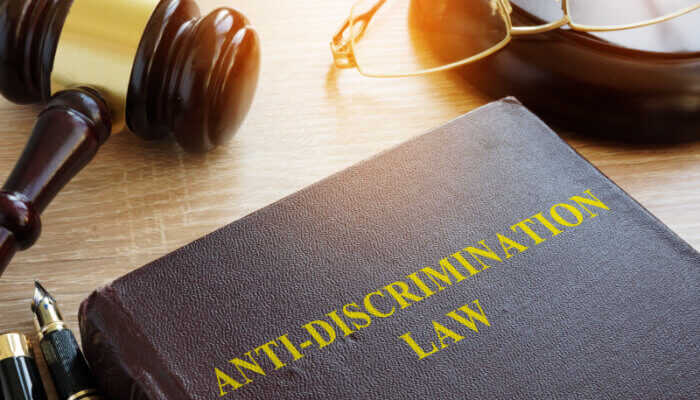If you’re facing workplace discrimination in California, you might be feeling isolated, confused, and helpless. You should know that you are not alone—and that there are steps you can take to protect your rights.
First, it’s important to understand what constitutes workplace discrimination. Discrimination can occur when an employer or co-worker treats an employee differently because of the employee’s race, color, religion, sex (including pregnancy), national origin, age (40 or older), disability, or genetic information (including family medical history). This type of discrimination is called “adverse action.”
There are laws in place to protect employees from adverse action. The federal Equal Employment Opportunity Commission (EEOC) enforces these laws. You can also file a complaint with the California Department of Fair Employment and Housing (DFEH). If you believe you have been the victim of workplace discrimination, you can file a charge with the EEOC/DFEH.
You can also consult with an experienced employment lawyer to discuss your options and figure out the best course of action for your particular situation. An attorney can help you determine whether you have a strong case and, if so, can represent you in court and help you seek maximum damages with no out-of-pocket expenses.
This article is intended to provide general information about workplace discrimination in California and is not legal advice. If you believe you are facing discrimination at work, please consult an experienced employment lawyer to discuss your specific situation.
Examples of Workplace Discrimination in California
1. An employer cannot refuse to hire someone based on their race, color, religion, sex, national origin, disability, or age.
2. An employer cannot require employees to take a genetic test or make employment decisions based on the results of a genetic test.
3. An employer cannot terminate an employee because they have filed a discrimination complaint with the California Department of Fair Employment and Housing (DFEH).
4. An employer cannot retaliate against an employee for participating in an investigation of workplace discrimination.
5. An employer cannot create a hostile work environment by allowing discrimination to persist unchecked in the workplace.
If I think I am being discriminated against at work, what should I do?
It is important to remember that discrimination can be difficult to prove, so it is important to speak to a lawyer as soon as possible if you believe you have been the victim of discrimination. An experienced lawyer will be able to help you gather the evidence you need to build a strong case.
There are also a number of government agencies that can help if you believe you have been the victim of discrimination. The Equal Employment Opportunity Commission (EEOC) is responsible for enforcing federal anti-discrimination laws, and the California Department of Fair Employment and Housing (DFEH) is responsible for enforcing state anti-discrimination laws. These agencies can investigate your claims and, if they find evidence of discrimination, take legal action against your employer.
How to document workplace discrimination, when to seek legal counsel, and how an employment lawyer could help resolve the situation.
If you believe that you have been the victim of workplace discrimination, it is important to take action immediately. The first step is to document what has happened. This can be done by keeping a diary of events, saving any relevant emails or other communications, and gathering any other evidence that may be helpful.
Once you have gathered this information, you should consult with an experienced employment lawyer. They will be able to review your case and advise you on the best course of action. In some cases, it may be possible to reach a settlement with your employer without going to court. However, if your case does go to trial, an experienced lawyer will be able to represent you and fight for the compensation you deserve.
How long do I have to file a discrimination claim against my employer in California?
In California, you have one year from the date of the last discriminatory event to file a claim with the Department of Fair Employment and Housing (DFEH). However, it is best to speak with an experienced employment attorney as soon as possible to discuss your case and ensure that you meet all deadlines.
What are the consequences of workplace discrimination?
There can be significant consequences for both employers and employees when discrimination occurs in the workplace.
- For employers, they may face legal action from the employee as well as government agencies. They may also face damage to their reputation and a decrease in productivity from their employees.
- Employees who have been discriminated against may suffer from emotional distress, lost wages, and a loss of job opportunities.
Don’t suffer in silence—if you think you’re being discriminated against at work, take action to protect your rights.
If you believe that you have been the victim of workplace discrimination in California, it is important to speak to an experienced attorney who can help you understand your rights and options. An attorney can also help you file a discrimination complaint with the DFEH or file a lawsuit against your employer.
